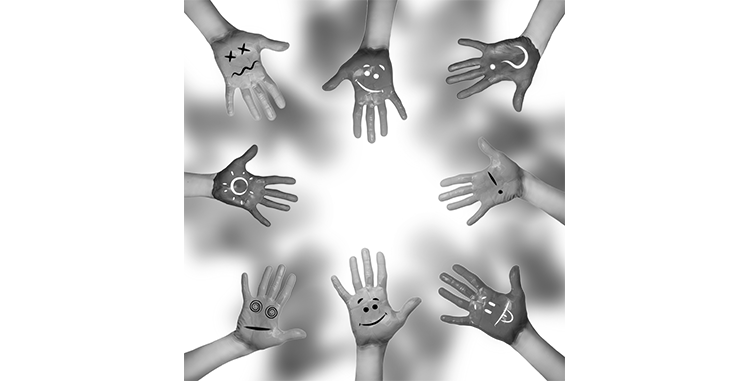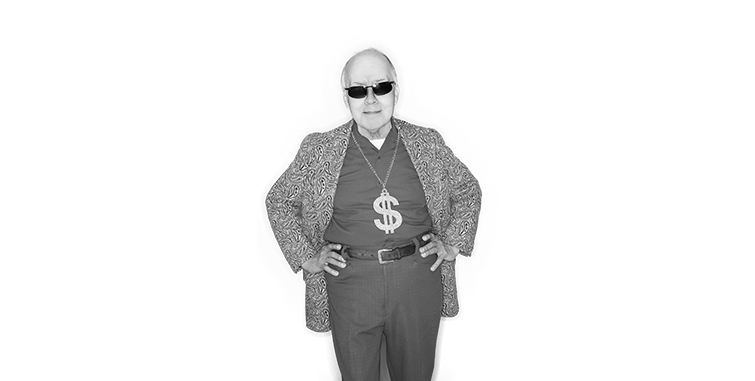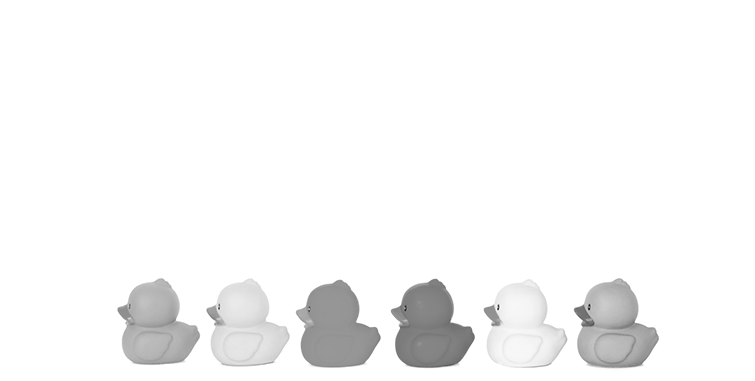It’s my language, your accent….Mate

Why...
When visiting Texas, can I barely resist the urge to yell ‘Yee-Haw’ (a must if on a horse)? If in Alabama I continually add ‘Y’all’ to every sentence. As for California I cringe as I find myself muttering ‘No problem’, ‘whatever’, ‘I’m good’ or worst of all ‘I’m stoked’. (I should be with a red hot poker up my backside every time I say that). I know to every local I must sound as fake as a flight attendant’s farewell, but I suppose it makes up for the occasional American who greets my English tones with… "Cor blimey stone the crows, do yer want-a-cuppa bloody tea, mate?" Quite apart from sounding like Mary Poppins, chimney sweep Dick Van Dyke, whose accent is as far removed from true cockney as tact is from President Putin, the speaker is also oblivious as to how to actually use the word ‘bloody’ and ‘mate’. (This is a short blog; you’d need an extra memory chip in your computer to be able to download why this is so wrong. Just take it from me, it is). However this person is cheery and thinks his English sounds are welcoming to me. Why? My beloved wife is an American with a delightful lilting Southern Accent. It’s as clear and fresh as a mint julep despite living here for over 20 years. Yet when she goes home they all accuse her of sounding English. At first I thought all her relatives were either stone deaf or making a joke but actually I realised it was not her accent, but her use of words and syntax that made my wife sound ‘furrren’. ‘Lift’ instead of elevator, ‘flat’ instead of ‘apartment’, ‘fag’ instead of ‘cigarette’ (always a dangerous misunderstanding that one) and our curious use of ending a sentence with ‘indeed’. Deny as much as you like but no matter how jingoistic, patriotic or linguistically challenged you are, we all pick up accents and grammatical mannerisms if we are someplace long enough; they stick like gum on a shoe. The reason has to be a subliminal yet natural desire for a human to fit in and be accepted; subconsciously we seem to have this strong desire when we meet someone who is different from us, to try to act and sound like them… even if we cannot speak like their language. I wonder if this knee-jerk urge to communicate is the most powerful argument for our inbuilt resistance against bigotry and illogical racism? We like to fit in, be accepted by strangers, rather than be apart from our fellow man.







